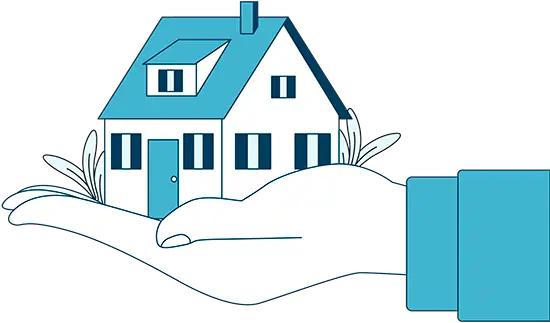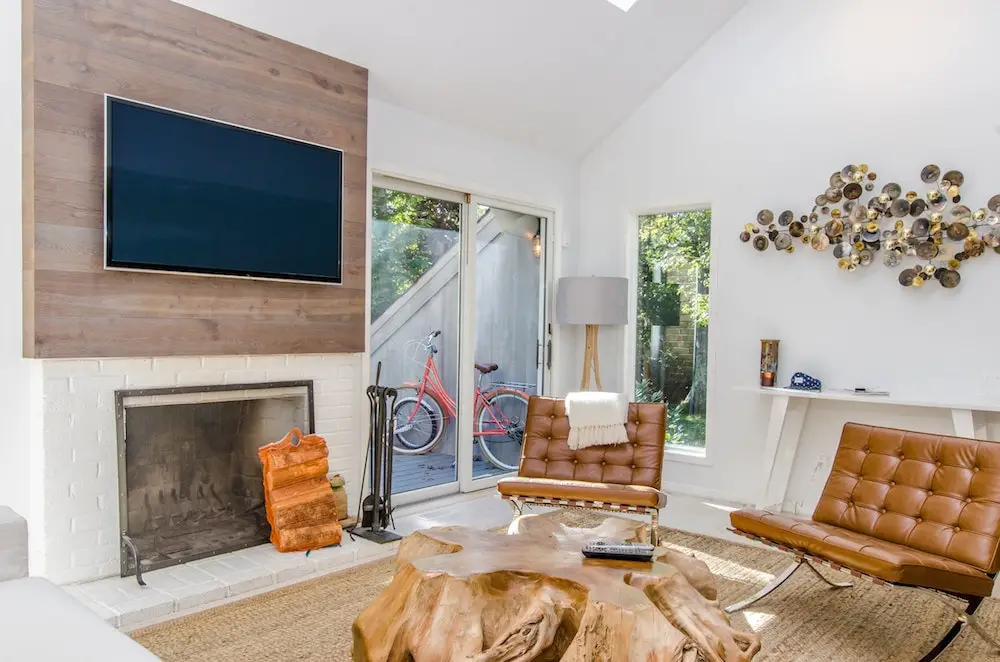One of the most constant payments that you’re probably making, along with your credit card bills and taxes, is the payment of your home insurance premium. One of the most commonly held types of insurance policies, home insurance policies are not a legal requirement; however, as you probably already know, home insurance can help protect your property against several types of damage, temporary living expenses, provide for valuable personal property and replacement cost, and other optional coverages.

The main things that need to be understood about insurance are the payment of the premium and submission of claims. The former is a continuous payment that must be paid towards the insurance policy while the latter is a claim for compensation in case of any damage to the insured item, provided it is within the framework of the insurance policy.
However, the premium isn’t a simple amount to calculate. Insurance companies take several factors into consideration while calculating how much premium to charge. This means that the quote provided to you is a result of a thorough evaluation of your property and analysis of related data.
We give you a detailed look at the many factors that influence home insurance quotes.
Influential Factors
When you file an insurance claim, it may be beneficial to you but is viewed as a liability by the insurance company. Therefore, “risk” plays a huge role in insurance premiums. The higher the risk of hazards that your property faces or is likely to face, the greater the amount of premium that you pay. This aside, several other factors affect homeowners insurance quotes, such as:
Location
Where your property is situated, is a huge factor in determining the amount of premium you pay. Let’s look at it this way: houses that are situated in areas prone to earthquakes, tornadoes, hurricanes, or other natural disasters are more at risk than those situated in stable areas where all these events are highly rare occurrences. Since the former is a higher risk category, the price of the premium will increase in that case. It is a similar case with neighborhoods, as “safe” neighborhoods with high security are not only better for your house and family but also for the cost of your insurance policy. Therefore, owning properties in areas that are low in crime and the probability of natural disasters means payment of lesser premiums.
Additionally, houses located close to water sources or water bodies are also higher in premium costs as this means the possibility of flooding and damage to the house and its expensive interiors.

Materials
The location of your house is an important external factor that affects insurance costs but the material that your house is built of is an important internal factor that affects the cost of the premium. Houses made of materials that are relatively flimsy, such as wood, are more prone to damage from external factors such as weather conditions, pests, or other accidents. Houses made of brick, cement, or stone, are much more stable and enduring, which means a lower risk factor. Therefore, such houses result in lesser-priced premiums.
Proximity to Fire Hydrants and Firehouses
This may seem a little weird but on closer look, is quite rational! Houses that are situated closer to fire hydrants and firehouses can get help much faster in case of a fire or accidents, resulting in the probability of lesser damage, which, in turn, results in a lower risk factor, and vice-versa. Therefore, such houses enjoy a cheaper home insurance premium.
Wood-Burning Stoves and Heating Systems
Wood-burning stoves translate into a higher risk of a fire or fire-related hazards, thereby resulting in a higher insurance premium; the same goes for a heating system that runs on coal or wood instead of electricity. However, installing smoke detectors on every floor of the property and equipping it with fire extinguishers or other safety measures could reduce the insurance premium.
Age of the House
What this means is that new homes (either newly constructed or renovated) can be up to 25% cheaper to insure than older homes due to their lower risk factor.
The Security of Your House
A secure home is harder to break into or be vandalized. Therefore, installing security measures such as a home security system, sturdy locks, or security cameras around the property can reduce premiums. It is for this reason that properties in gated communities are charged a lesser premium.
Swimming Pools and Trampolines
A swimming pool and trampoline may be the perfect way to unwind with the family on a weekend after a long week but they are still considered risky by insurance companies. This is because both pools and trampolines present the opportunities for injuries and accidents, especially if they’re situated in an easily accessible part of the property. Thus, a swimming pool may increase the price of your property and trampolines may increase the fun quotient but they also increase the amount of premium you have to pay towards insurance.
Dogs
Dogs may be a man’s best friend but they are definitely no friend to your insurance premium! Having a dog on the property presents the possibility of dog attacks and ensuing legal tussles which could result in expensive settlements that the insurance company will have to handle on behalf of the insurer. Dog breeds such as German Shepherds, Rottweilers, pit bulls, and Boxers, are all considered dangerous and more likely to attack, which means that it is more likely you’ll be charged a higher premium on your home for this. While most insurance policies generally provide coverage for dog attacks on the property, not all do.
Claim Frequency
The more often you file for claims, the higher the insurance rate, so stay away from filing claims for small problems.
Purpose of the House
Houses that are used to run businesses from are more expensive when it comes to insurance, as this could result in various liabilities such as theft, lawsuits, and workplace accidents. Additionally, homes that are unoccupied also cost more to insure.
Other Factors
Various other factors also affect the price of the insurance premium, such as how old or new your plumbing is (with new plumbing being less expensive), an electrical system that doesn’t overload, the size of the house (larger homes are more expensive to insure), your credit score (which insurers use to gauge the likelihood of filing claims, so the lower the score, the higher the likelihood and premium), the value of your home (more expensive the house, more expensive the premium) and personal factors (mental and physical health and smoking history).

In Conclusion
As you’ve seen, the insurance premium is calculated by taking into consideration several factors. However, some insurance companies may consider additional factors or not consider some of the ones mentioned above. Therefore, make sure you take a look at as many offers and policies as you can before settling in on one. You could be saving yourself a whole lot of money in the long run!

